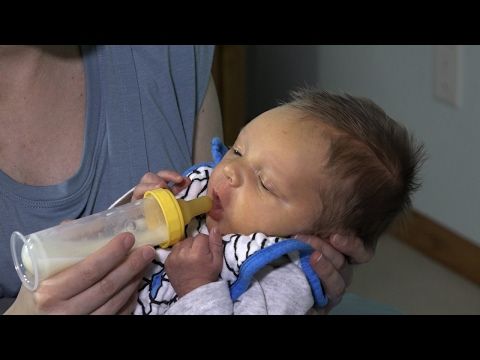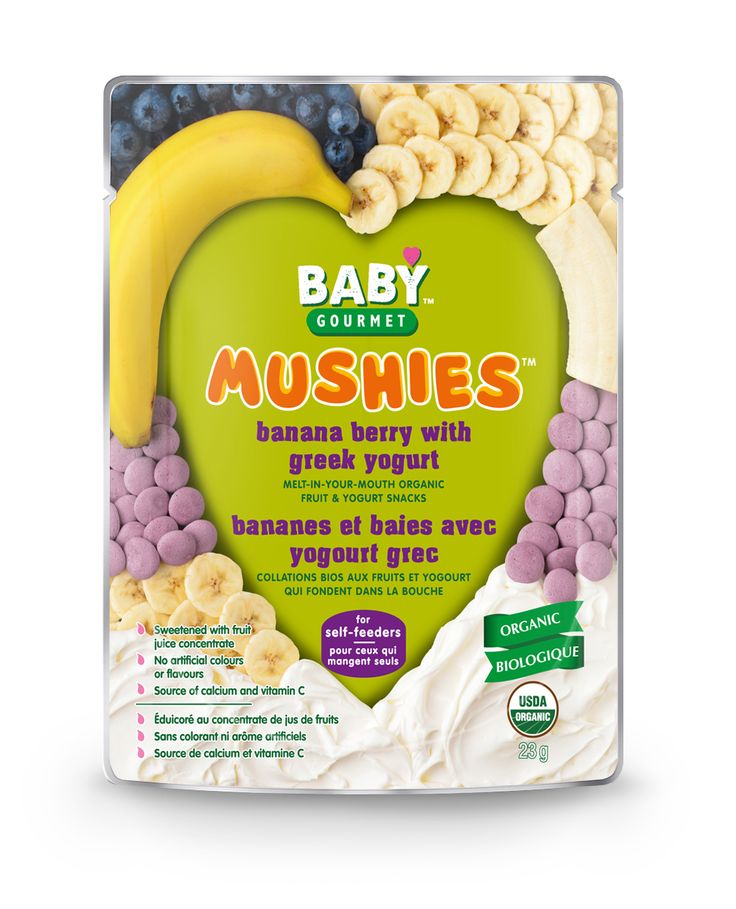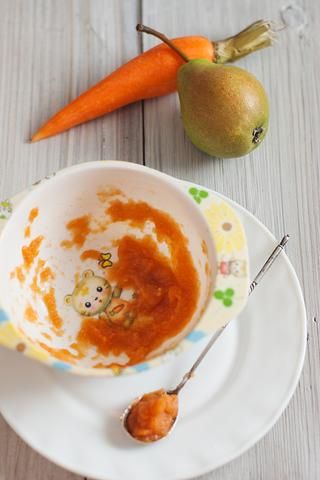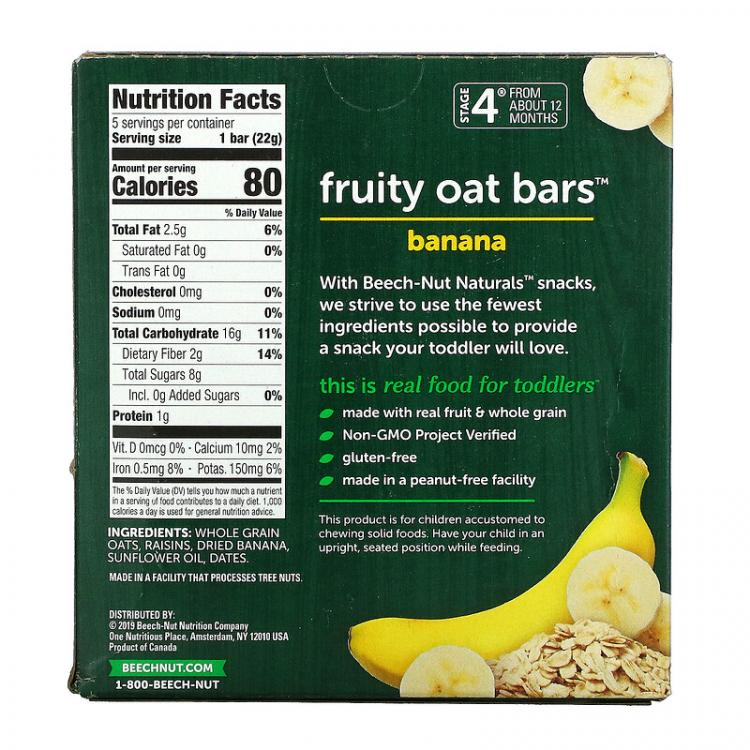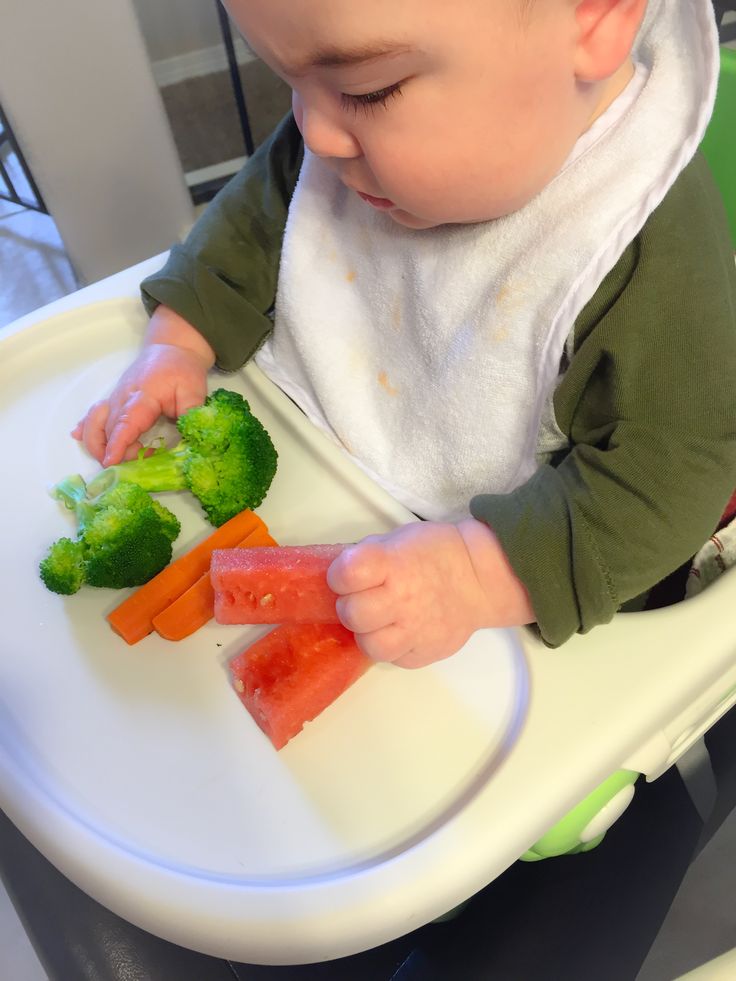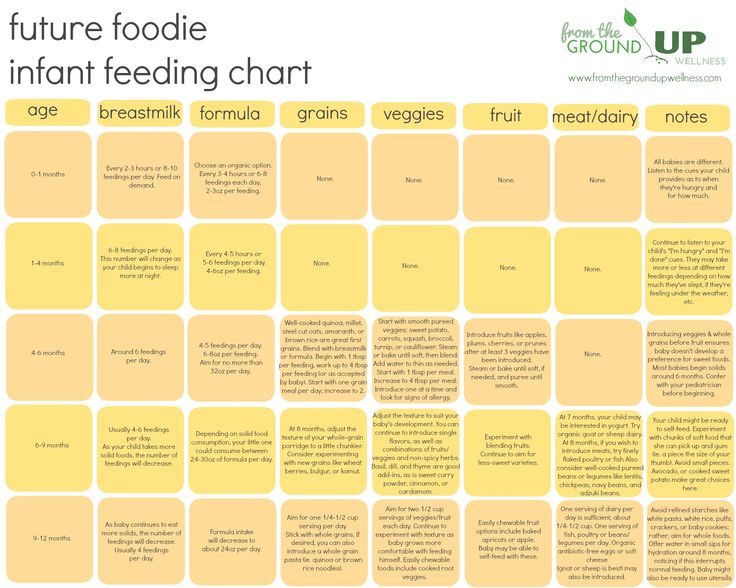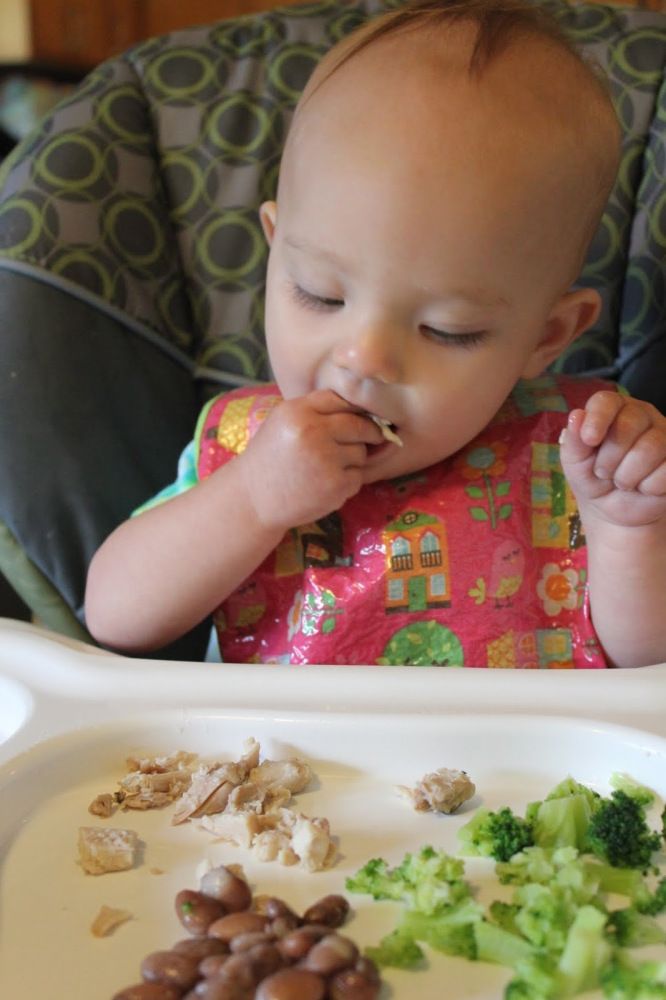Baby sneezes after feeding
Is It a Cold or Something Else?
When you’re a new parent, it can feel completely overwhelming to try to figure out when your baby is acting normal, and when something is wrong.
Every last sniffle, sound, and sneeze can make you stop and wonder if something is wrong with your baby. Is the baby cold? Do they have a cold? Did that person with a cold sneeze on my baby and that’s why they’re sneezing? Is there such a thing as too many sneezes?
Worry not, fellow parents of a newborn who sneezes: We’ll get to the bottom of this.
There are quite a few reasons why your newborn might be sneezing a lot.
First, you should know that sneezing is a healthy thing to see your newborn doing. It means that their nervous system is working correctly, because sneezing is actually a reflex controlled by the nervous system.
The Cleveland Clinic reassures nervous parents everywhere that it’s completely common for newborns to sneeze, along with spit up, yawn, gurgle, hiccup, and burp.
Sneezing in infants is a reflex just like it is with adults. The reflex occurs when the nasal passages are irritated.
Unlike a lot of other reflexes like the startle reflex or the Moro reflex, the sneezing reflex is one that sticks around as the baby grows and into adulthood. Everyone needs to sneeze every now and then.
Primarily, newborns sneeze a lot because they have to. Newborns have smaller nasal passages than adults and may have to literally clear their noses more often than adults do, since they can get clogged more easily.
They sneeze to get rid of anything from breast milk to mucus, smoke, and even dust bunnies in the air. You can help your baby by never smoking around them.
Newborns also breathe through their mouths as part of their development. This can sometimes contribute to the sneezing since they’re still adjusting to breathing through the nose.
That said, for newborn babies, sneezing can actually be more than just sneezing. If your newborn is sneezing a lot, it doesn’t necessarily mean they’re coming down with a cold.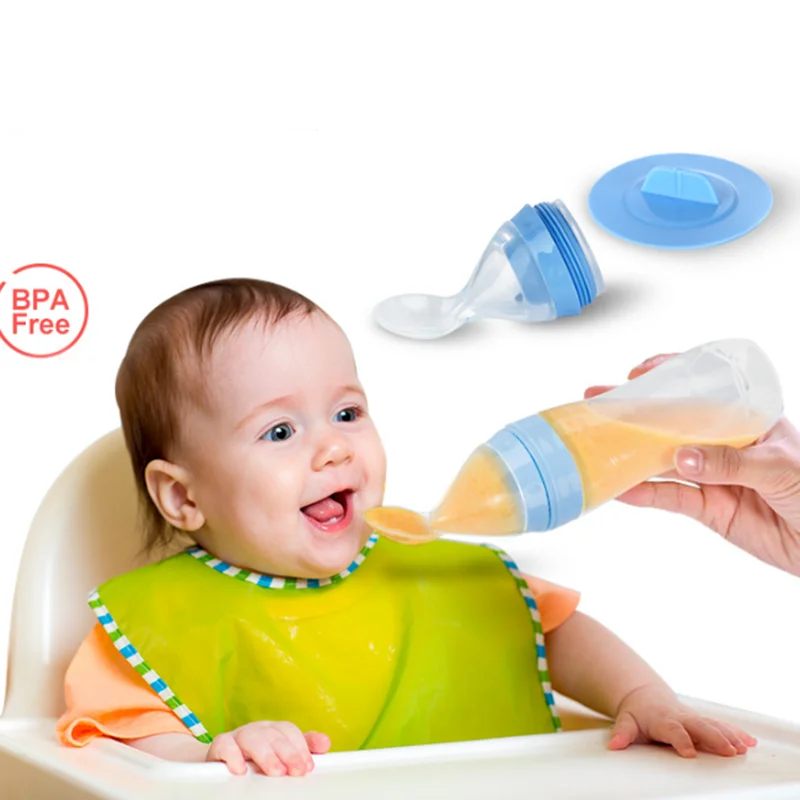
Babies use sneezing as a natural defense system against the billions of germs they’re greeted with during their introduction to the world. Think of how hard their little immune systems must have to work in meeting great aunt Mildred and the neighbors and that over-zealous grandma at the grocery store.
That’s a lot of germs to be introduced in a very short span of time. So sneezing is just one way that newborns can try to protect themselves in our germy world.
The sneezing clears out germs and particles that might be trying to infiltrate the baby’s system through the nasal passages before they can get inside and make your baby sick.
Sneezing isn’t always just a normal sign of a healthy newborn. Of course, newborns can also simply get sick. Frequent sneezing in a newborn could be one sign of a respiratory infection.
You should get your newborn checked out by your doctor right away if your newborn is sneezing frequently and has any of these additional symptoms:
- cough
- trouble breathing
- refusal to feed
- excessive tiredness
- fever at or above 100.
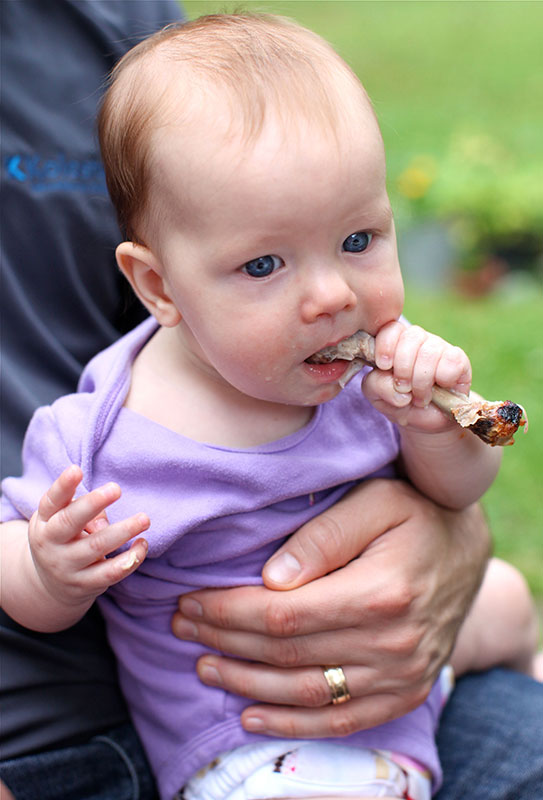 4°F
4°F
In some cases, excessive sneezing in newborns can be one of the signs of a condition called neonatal abstinence syndrome (NAS). This occurs when a mother has abused addictive opiate drugs during her pregnancy.
Symptoms of the syndrome, in addition to sneezing, can include nasal stuffiness, unsustained suck, tremor, and abnormal nipple latch.
If a baby has NAS, they’re essentially experiencing withdrawal syndromes from the drug or drugs that the mother used during her pregnancy. Some of the most commonly abused substances include alcohol, heroin, and methadone.
One of the signs of heroin withdrawal, for example, is excessive sneezing. Doctors are sometimes taught to use a scoring system to look for signs of NAS in a baby with known drug exposure. One of the signs they look for is sneezing three to four times in a row within a 30-minute timespan.
Sneezing in newborns is normal. Even if it seems excessive to you, it’s probably normal since babies tend to sneeze more than adults.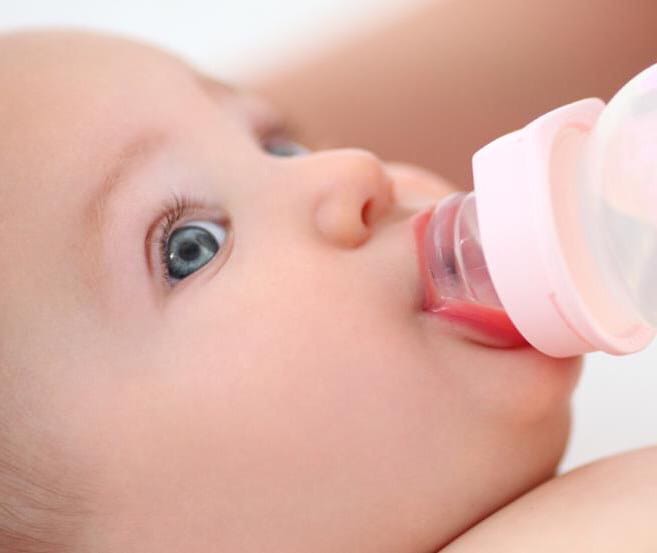
However, if your baby is showing other symptoms like a runny nose or fever, they might be sick. Talk to your doctor if you think your baby might have a cold or other infection.
Newborn & infant sneezing: Does my baby have allergies?
Babies sneeze, and a lot of parents question whether or not this is normal or cause for concern.
Afraid your infant is sneezing more than normal? We talked to Bobbie Medical Advisor Jacqueline Winkelmann, MD, FAAP, aka “Dr. Jacq,” to find out what’s normal and what’s not.
Table of Contents
- How much newborn sneezing is normal sneezing?
- Most common reasons why babies sneeze
- What types of allergies cause infant sneezing?
- How do I know if my baby has a cold?
- Happy and healthy sneezing for babies
How much newborn sneezing is normal sneezing?
Newborn sneezing is not only common but necessary. Just like adults, newborns sneeze as a reflex to help clear particles and obstructions.
“Even if it seems like your baby is sneezing a lot, chances are it is totally normal,” says pediatrician Dr. Jacq.
If your baby sneezes without other symptoms of illness (fever, cough, congestion, trouble breathing), it is probably nothing to worry about.
Here are some of the most common reasons why babies sneeze:
- They have tiny noses: Their noses are tiny, but they’re still breathing in the same dust, particles, and germs from the air that we are- into a much smaller space!
- They don’t know how to breathe through their mouth: Fun fact- while we can open our mouths to breathe when our noses are stuffy, babies haven’t learned how to do this yet. Since they only know how to breathe through their nose, that makes it even more important for them to sneeze out anything that might be stuck in there.1
- To clear irritants: When a baby is exposed to smoke, perfumes, or dust, they will feel the need to sneeze to clear the irritant from their nose, just like an adult.
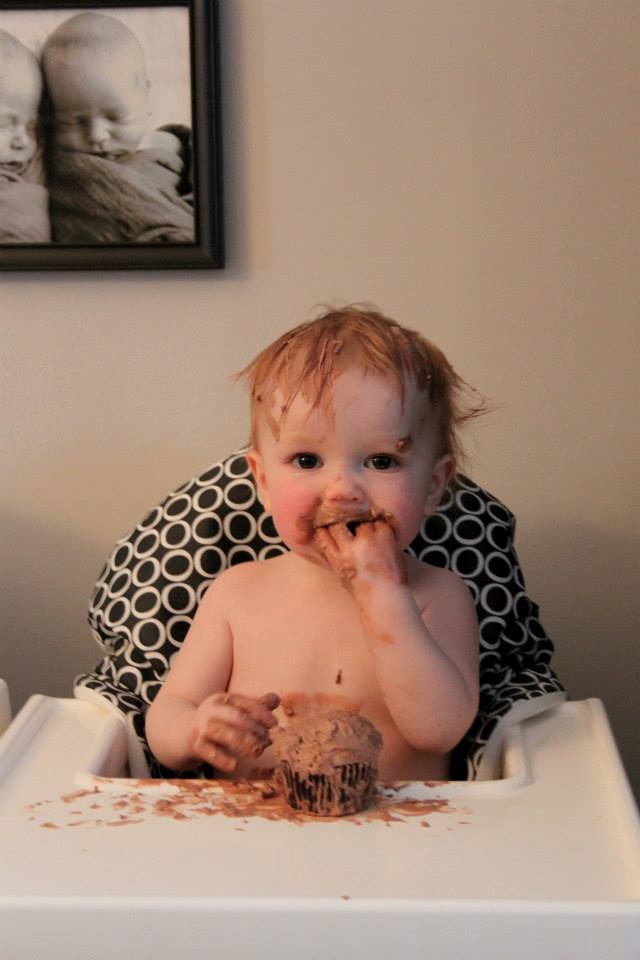
- What about allergies?: Lots of adults are allergic to dust, pollen, trees, and other things in the environment, and these things make us sneeze. So it’s normal to wonder if your sneezing baby has the same problem. However, it’s unusual for small babies to have these types of allergies.2
- They have a cold: On the other hand, just like an adult, a baby might sneeze when they have a cold, so it’s important to be on the lookout for other cold symptoms (more on this later!)3
- Because of gastroesophageal reflux: This is just a fancy term for spitting up, something that all babies do. And (as you may have seen before) sometimes milk comes out of their nose when they do. You can imagine that this may lead to some sneezing to clear out that little nose. If your baby spits up often, has choking, gagging, difficulty swallowing, wheezing or poor weight gain, these can be signs of gastroesophageal reflux that needs treatment, so be sure to call your baby’s healthcare provider if they have any of these symptoms.
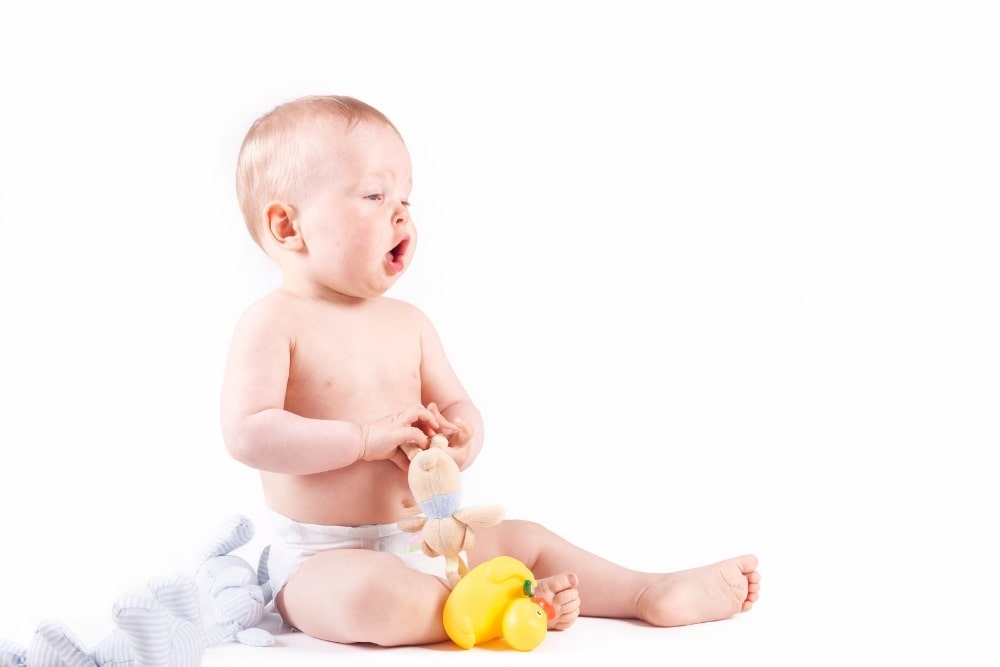 4
4
What types of allergies cause infant sneezing?
It’s very rare for children under a year old to have seasonal or environmental allergies like adults.2 Instead, a baby with an allergy is usually allergic to a food- and this type of allergy doesn’t usually cause sneezing.
Dr. Jacq advises that allergies in infancy and childhood can be divided into three categories.
Baby allergies from food
Milk, soy, and egg are the foods most likely to cause a food allergy in babies. This is different from older children who are more likely to have allergies to peanuts, tree nuts, shell fish, wheat, or fish.5
Of the 3 most common food allergies, milk is the most common in babies. Some babies may have a serious allergic reaction to milk with symptoms like coughing, trouble breathing, or a rash. A baby having these symptoms needs immediate medical attention.
More commonly, babies with a milk protein allergy have symptoms like diarrhea, blood in their poop or vomiting/spitting up.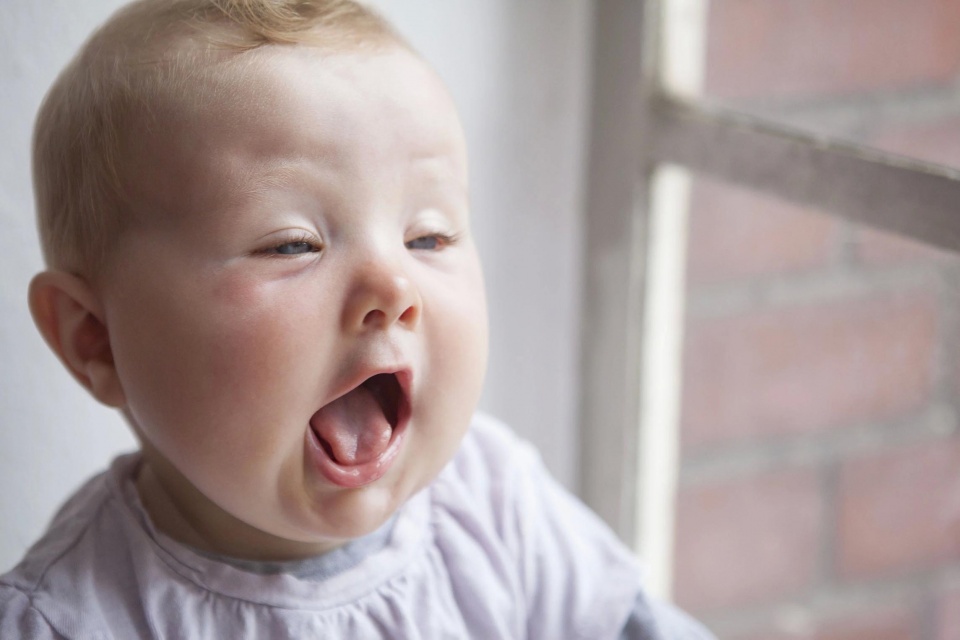 However, sneezing is not typically a symptom of a milk allergy in babies. It’s important to call your baby’s healthcare provider if they have any of the symptoms of a milk allergy.6
However, sneezing is not typically a symptom of a milk allergy in babies. It’s important to call your baby’s healthcare provider if they have any of the symptoms of a milk allergy.6
The good news about food allergies in infants is that most will outgrow them over time.
Environmental allergies and babies
This type of allergy to things like dust and pet hair in your home is less common in babies.
Environmental allergies usually aren’t seen until a child is at least 1 year old.2
Seasonal allergies for babies
Seasonal allergies to outside allergens like trees and pollen are uncommon before age 3 years.2
Symptoms of seasonal allergies include sneezing, itchy, watery eyes, coughing and runny nose.
How do I know if my baby has a cold?
Since sneezing in older kids and adults is often a sign of having a cold, you may wonder if your baby’s sneezing means they have a cold. Did you know that babies get 6 to 8 colds in the first year of life?! They are still building up their immune system, so they’re more likely to catch a cold than older kids or adults. 3
3
Besides sneezing, other signs of a cold in a baby include:1,3
- Stuffy or runny nose
- Clear, yellow or green nasal discharge
- Fever
- Coughing
- Eating less or trouble eating because of congestion
- Fussiness
- Trouble sleeping
Although many colds get better on their own, it’s important to know what symptoms to be more concerned about.
You should call your baby’s healthcare provider if your baby:1,3
- Has any of the above symptoms and is less than 3 months old
- Is making less wet diapers than usual
- Has a temperature higher than 100.4oF
- Is irritable
- Has red eyes or eye discharge
- Is more sleepy or is difficult to wake up
- Has any trouble breathing or is wheezing
- Is coughing
- Is sneezing often
- Isn’t eating as much as normal
Don’t be afraid to call your baby’s healthcare provider if your baby has any other symptoms that worry you- remember, you know your baby the best!
Happy and healthy sneezing for babies
Your baby is going to sneeze now and then and most of the time this is normal baby behavior.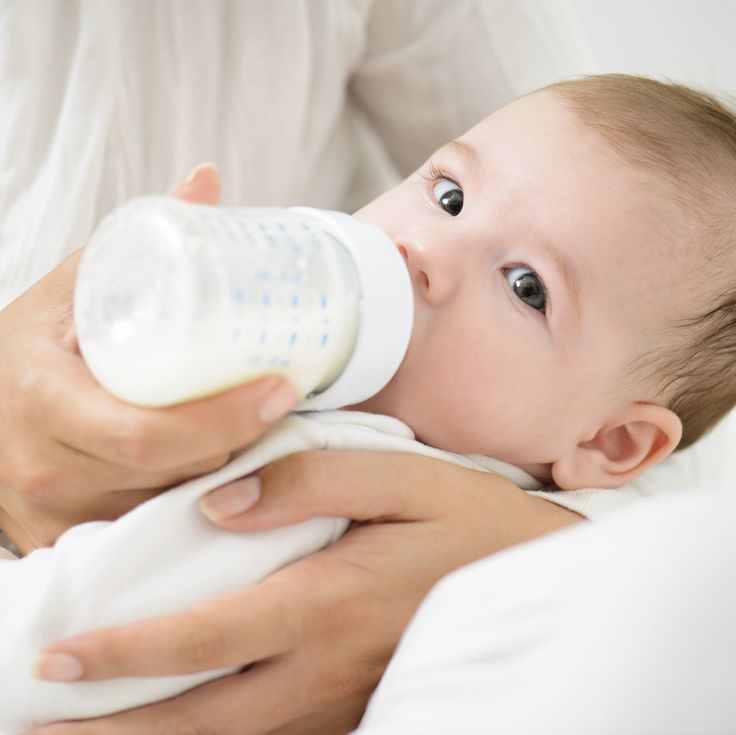 But there are times when sneezing can be sign of something else going on, like a cold, especially when it’s happening often. Bottom line- be sure to check with your baby’s healthcare provider if you have any concerns about their sneezing.
But there are times when sneezing can be sign of something else going on, like a cold, especially when it’s happening often. Bottom line- be sure to check with your baby’s healthcare provider if you have any concerns about their sneezing.
Sources:
1- Stuffy nose, sneezing, and hiccups in newborns | UC San Diego Health
2- Suspect your sniffling child has seasonal allergies? Look for this sign | Cleveland Clinic
3- Common cold in babies | Mayo Clinic
4- Gastroesophageal reflux | Children’s Minnesota
5- Food allergy | Seattle Children’s
6- Infant with serious tummy troubles? Understanding milk protein allergy and intolerance | Cleveland Clinic
The content on this site is for informational purposes only and not intended to be a substitute for professional medical advice, diagnosis or treatment. Discuss any health or feeding concerns with your infant's pediatrician. Never disregard professional medical advice or delay it based on the content on this page.
12 Facts About Newborns They Won't Tell You
My baby's head looks weird.
You imagined the perfect picture, like in an advertisement for children's products, a round, pink, and very cute head. However, in reality, very often the head of a newborn can be of a completely different shape, for example, cone-shaped. In addition, there may be other temporary external disadvantages. For example, the nose may be flattened, the eyes swell, bruises and capillaries on the body. It all depends on how the baby passed through the birth canal. All this is temporary, if there are no congenital pathologies, then your baby will soon begin to turn into an angel.
My child is so nervous.
The newborn has a number of reflexes that appear under certain circumstances. The baby still does not quite understand how to control his own body, so the movements can be very sharp and awkward. If the child is frightened or the position of the body has changed dramatically, then he throws his head back, throws his arms to the sides, these reflexes go away after about 3 months.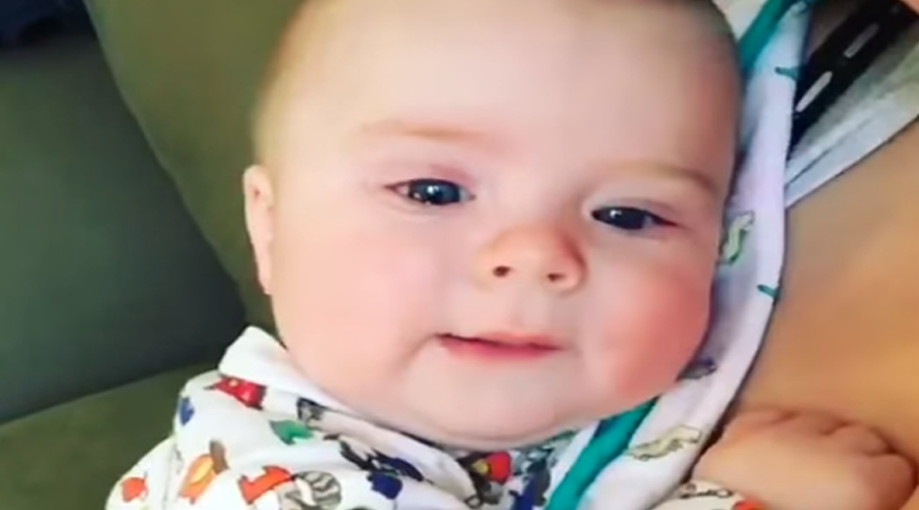 The nervous system of the child is just being formed, so the signals to the muscles are excessively strong, the legs or other parts of the body may tremble for no reason.
The nervous system of the child is just being formed, so the signals to the muscles are excessively strong, the legs or other parts of the body may tremble for no reason.
My boy is so big there!
Genes do not affect the size of the genitals at birth. It's all about swelling. During childbirth, the baby experiences strong pressure because of this, fluid enters the tissues. In addition, in the first days of life, an increased amount of mother's hormones is present in the child's body. In boys, these hormones enlarge the testicles; in girls they cause swelling of the labia. Genital swelling will subside within a few days.
A newborn is always hungry.
In the first weeks, it may seem like you are feeding your baby around the clock. When breastfeeding, babies tend to eat even more often, because. breast milk is digested and absorbed faster. The reason for this appetite, of course, is that the child grows very quickly. In about 6 months, the baby will double its birth weight.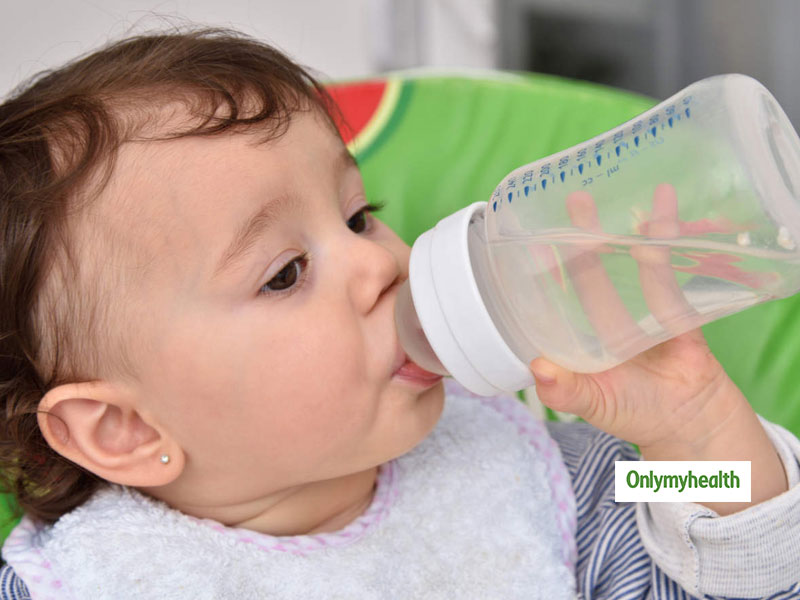 Such growth requires a huge amount of energy. During certain periods, the child will have real growth spurts, it is quite possible that he will eat even more. Glade Curtis, MD also notes, "It's not always that restlessness and latching means that the baby is hungry, it's possible that he just needs your closeness and warmth."
Such growth requires a huge amount of energy. During certain periods, the child will have real growth spurts, it is quite possible that he will eat even more. Glade Curtis, MD also notes, "It's not always that restlessness and latching means that the baby is hungry, it's possible that he just needs your closeness and warmth."
The newborn has cold hands and feet.
You find that your baby's hands and feet are cold and in a panic think that he is cold. Check body temperature, such as chest or abdomen, before covering him with a warm blanket. Since his circulatory system is still developing, the blood is first sent to the vital organs and systems. The arms and legs remain the last in the blood supply chain. It may take up to three months for the temperature to normalize. When the baby grows up, becomes more mobile and active, his blood circulation will improve.
My baby has blood in his diaper.
The same maternal hormones that cause swollen testicles and labia sometimes cause discharge in girls.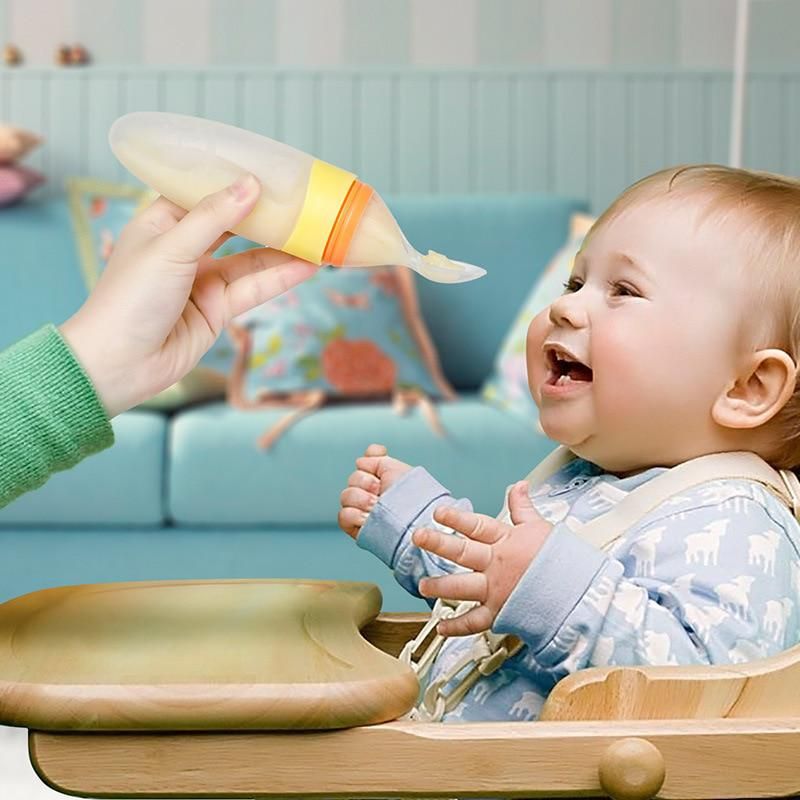 Don't worry if you notice a small blood stain on your baby's diaper in the first weeks of life. This "mini menstrual period" usually lasts only a few days. Sometimes what looks like blood can actually be concentrated urine, which can look quite dark in the diaper folds. However, if you notice bright red blood, seek medical attention.
Don't worry if you notice a small blood stain on your baby's diaper in the first weeks of life. This "mini menstrual period" usually lasts only a few days. Sometimes what looks like blood can actually be concentrated urine, which can look quite dark in the diaper folds. However, if you notice bright red blood, seek medical attention.
My child has a blister on his lips.
Many newborns develop a breast lump or blister from vigorous bottle or breast sucking. In some cases, a blister may appear even while in the uterus, with intensive finger sucking by the child. Sucking callus does not cause discomfort to your baby. However, overgrowth of the skin makes the lip stiffer and can lead to injury to the nipple. The growth will disappear on its own after a while, but it may reappear.
Newborn's stool looks like diarrhea.
In children breastfed, the stool is loose and not formed mustard yellow. When bottle-fed, stools are usually hard, brownish in color and have the consistency of soft ice cream. If the frequency, volume, or consistency changes abruptly, see your doctor.
If the frequency, volume, or consistency changes abruptly, see your doctor.
My child sneezes all the time.
Newborns sneeze a lot, but not because they are cold or sick. Through this reflex, they clear their nasal and airways. Also, sneezing is often observed after feeding.
Newborn skin flakes and peels off.
The baby's skin may flake all over the body, this is a reaction to a sudden change in humidity. This process does not require any intervention and will be completed in the coming days.
My child is breathing strangely.
You, like many parents, probably spend a lot of time looking at your child, including at night. Check if the baby is breathing. You may notice that sometimes the child will hold their breath for a while and then begin to breathe faster. Brief breath holdings are part of the development of the diaphragm and the nervous system. Even a break of up to 20 seconds is considered normal.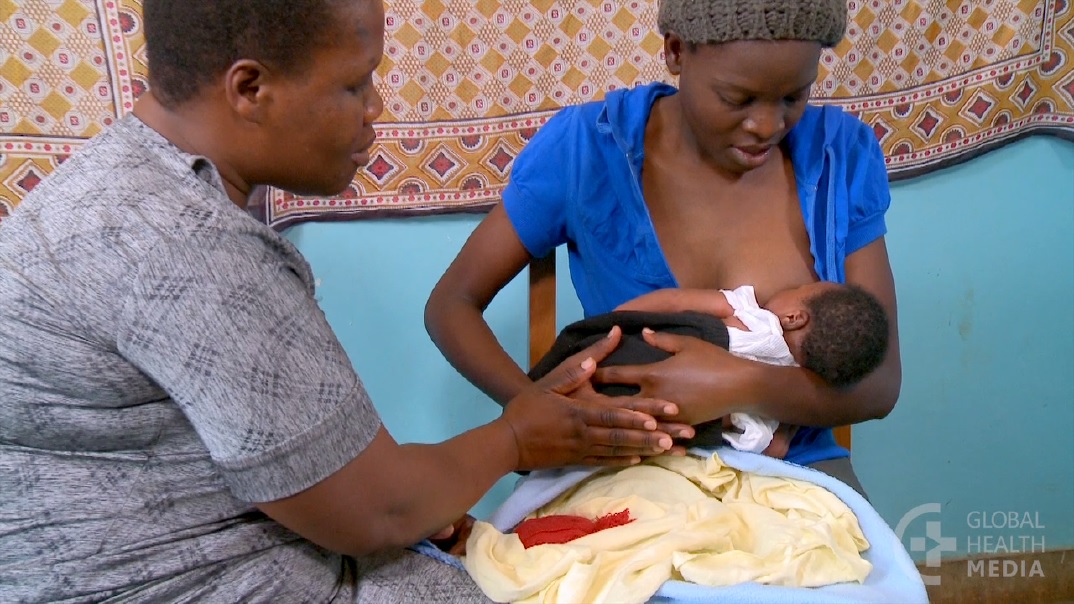 By about 6 weeks, the baby should develop stable breathing.
By about 6 weeks, the baby should develop stable breathing.
Many parents worry about sudden infant death syndrome (SIDS), unfortunately, medicine has not yet developed a mechanism to protect against this phenomenon and one should not lose vigilance. Read the guidelines, remove soft objects from the crib, don't use a pillow at first, and don't smoke around your baby. If you notice a breath hold of more than 20 seconds or the child looks lethargic and pale after sleep, then you need to see a doctor.
A child's cry sounds the same for different reasons.
At first, it may seem to you that the baby is crying constantly and for no reason. However, over time, you will learn to understand the reason for intonation. A sharp cry of pain or a restrained whimper from fatigue, a loud "hungry" cry, etc. This article is not medical information, in any doubtful situation, you should consult a doctor. I only give information that can facilitate the hard work of young parents.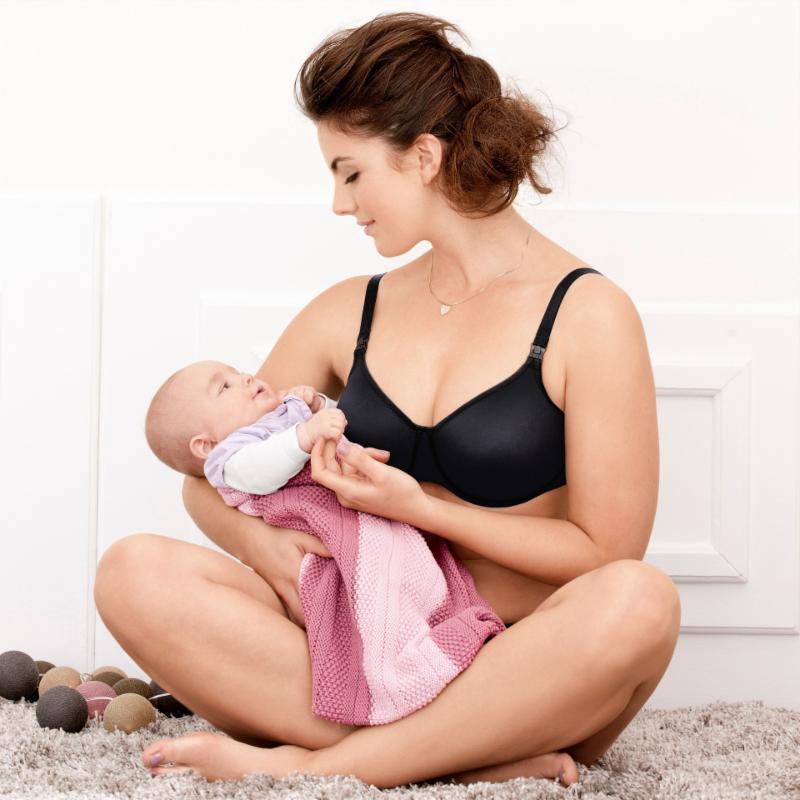
https://zen.yandex.ru/media/best4kids/12-faktov-o-novorojdennyh-o-kotoryh-vam-ne-rasskajut-5de9655b74f1bc00b2a48068
A newborn baby sneezes often what to do
Published: October 20, 2018
Baby's health is the main concern of the mother. Any changes in how a baby feels is a cause for concern. What to do if a newborn baby sneezes often? Let's find the answer to this question together.
Contents of the article
Causes of sneezing in infants
If a newborn sneezes or coughs frequently, this may be due to natural physiological causes. The thing is that up to 2.5 months of life, the respiratory passages in infants are still in the process of formation. When breastfeeding, children experience mild irritation of the nasopharynx, which provokes sneezing. This is a normal reaction of the body, which does not require medical intervention.
Sneezing in a newborn can also be provoked by:
- too dry indoor air,
- formation in the nasal passages of dried crusts from mucous secretions,
- accumulation of dust on various surfaces,
- allergic reaction to plant pollen and animal hair,
- passive smoking.
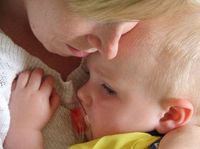
To stop sneezing, it is necessary to protect the baby from the effects of provoking factors: regularly carry out hygiene, stop smoking, use humidifiers and ventilate the room more often.
But what if a newborn baby not only sneezes often, but also suffers from cough and fever? These signs should not be ignored, as they may signal the development of a respiratory viral infection. In such cases, you should not self-medicate: it is better to urgently call a doctor at home.
Due to the anatomical features of the structure of the nasal passages in infants, inflammatory processes quickly spread to the larynx, trachea and bronchi. This can lead to lightning-fast complications, especially pneumonia. Therefore, it is so important to get the advice of an experienced specialist as soon as possible.
Treatment of SARS in infants
Symptoms and treatment of SARS in infants are interrelated. The treatment regimen depends on the clinical manifestations of the disease, the age and current condition of the child, therefore, it can only be prescribed by a qualified specialist. Pediatricians often prescribe Derinat to the smallest patients. Nasal drops are suitable for newborns from the first day of life and act simultaneously in several directions:
Pediatricians often prescribe Derinat to the smallest patients. Nasal drops are suitable for newborns from the first day of life and act simultaneously in several directions:
- contribute to the destruction of infectious agents - viral agents;
- have a beneficial effect on the child's immune system, strengthening cellular and humoral immunity;
- due to the reparative effect heal microcracks on the nasopharyngeal mucosa.
Derinat helps to restore the natural barrier functions of the mucosa, reduces the risk of infection in the bronchi and lungs, which helps to avoid serious complications. It is necessary to use the remedy in strict accordance with the instructions and prescriptions of the doctor.
To create favorable conditions for the recovery of the newborn, the following rules must be observed:
- regularly ventilate the children's room - for 15 minutes 2-3 times a day;
- maintain optimal air humidity;
- dress the baby in cotton clothes, avoid hypothermia and overheating.
